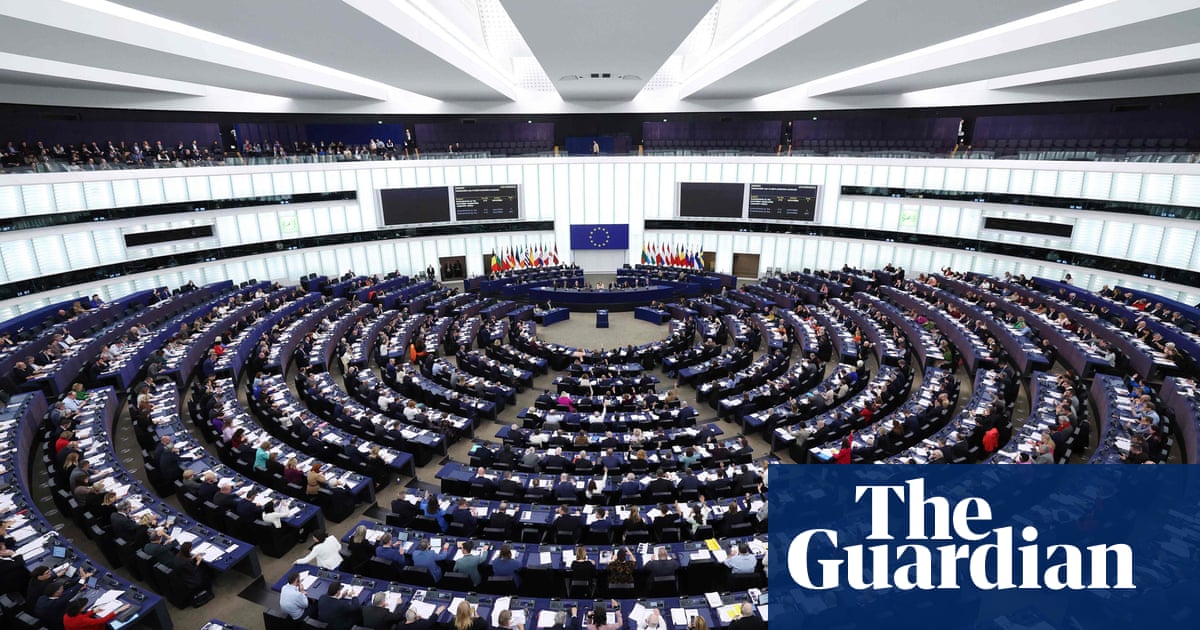
A proposal will be presented to the European Parliament’s development committee, urging the European Union to promptly acknowledge and undo the long-term effects of European colonialism. It also calls for a reparations plan to address ongoing injustices.
The draft resolution proposes the establishment of a permanent EU forum on restorative justice, citing the lack of action taken by the EU in acknowledging and addressing the long-lasting impacts of European colonialism on social and global inequalities.
This presentation is the initial effort to bring reparations for slavery and colonialism to the forefront of the EU’s agenda. These early talks among MEPs are in response to growing calls for developed countries to take responsibility for the harm caused by slavery. Recently, the African Union and Caribbean nations have joined forces to put pressure on European nations to pay for their past actions of mass crimes.
The proposed resolution acknowledges that numerous former European colonies, such as those in the Caribbean, Africa, and Latin America, are still facing ongoing social, economic, and environmental issues that stem from the impacts of colonialism, slavery, apartheid, and genocide. The document also recognizes that European colonialism was fueled by racial discrimination and violence, which have had lasting consequences on global and social inequalities, including racial disparities within and between nations.
The connection between climate justice and reparations for slavery is highlighted, stating that developed countries that colonized have had the greatest impact on greenhouse gas emissions, global warming, climate crisis, and environmental damage. Meanwhile, developing nations are disproportionately impacted by these effects.
There is a lack of information regarding the specific method of reparatory justice, however the resolution urges the European Commission to produce and release a report on ways for the EU to improve recognition and handling of the impacts and consequences of European colonialism.
Michael McEachrane, the UN’s representative for the permanent forum on individuals of African descent, played a key role in coordinating a combined event by the European Commission and European Parliament to honor the end of slavery on Tuesday. He stated that no other era in history has had such a significant impact on shaping the world and its societal and global structures as the 500 years of European colonialism and imperialism. By the 1930s, almost 90% of the world had been colonized by European nations, leading to a largely exploitative dynamic between developed and developing countries.
He stated that the EU has a duty to take charge in initiating reparations, specifically in regards to climate justice. This is due to the fact that developing countries, which make up 80% of the world’s population, have had the smallest impact on the current escalating climate and environmental issues, yet are facing the greatest consequences.
On Thursday, Pierrette Herzberger-Fofana, a German Member of the European Parliament from the Greens-European Free Alliance, will introduce a proposal to the development committee. She intends to submit the proposal as an urgent resolution to the European Parliament in the upcoming weeks.
She suggested that a deeper comprehension of the origins of racism in Europe could lead to a more sophisticated understanding of migration concerns. Additionally, she stated the need for textbooks in Europe to be updated in order for students to have a more thorough understanding of the slave trade and colonialism.
Earlier this year, the EU and leaders of Celac released a statement acknowledging the harm caused by Europe’s involvement in the slave trade. The statement also mentioned the possibility of reparations for this “crime against humanity”. It recognized the terrible impact of slavery and the transatlantic slave trade on millions of people throughout history.
Source: theguardian.com


